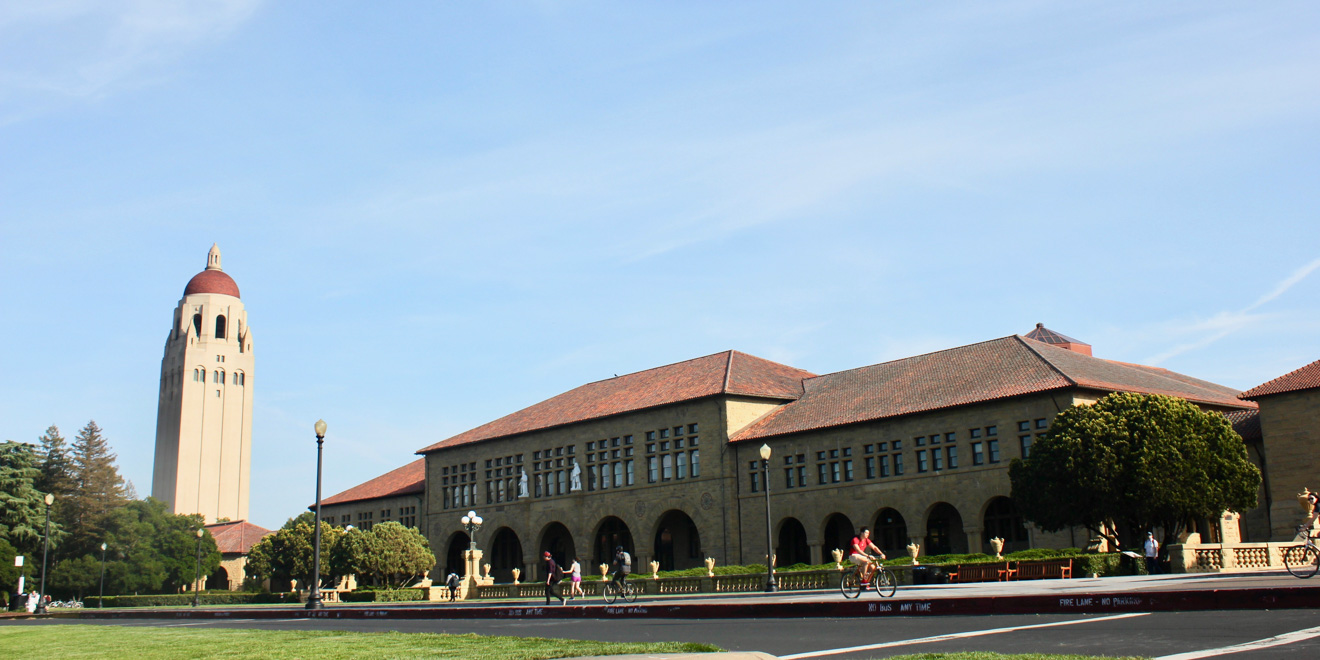After years of heated debate over how the University should collect information about students’ experiences with sexual misconduct and other issues, Stanford will conduct the Association of American Universities (AAU) survey in the spring of 2019, Provost Persis Drell announced in a “Notes from the Quad” post on Wednesday.
The AAU survey will replace the Campus Climate Survey (CCS), which Stanford first used in 2015 and had planned to use again this year. Critics of the CCS have cited issues including the fact that it does not collect data regarding the location of on-campus sexual assaults, non-physical partner abuse and incapacitation by alcohol or drugs.
The definition of sexual assault that the CCS uses has also been criticized as too narrow; the 2015 survey’s finding that only 1.9 percent of survey participants had been sexually assaulted drew scrutiny.
In mid-February of this year, the Undergraduate Senate passed a resolution in support of the AAU survey. In 2016, over 90 percent of students who voted in a referendum on the matter also supported the switch.
The AAU survey is already in use at peer institutions like Harvard, Brown and Yale. Stanford has been a member of the AAU itself since 1900, alongside 61 other schools.
In their campaign, incoming ASSU executives Shanta Katipamula ’19 and Ph.D. candidate Rosie Nelson promised to “continue pushing for Stanford to administer the [AAU] survey in 2019.”
Katipamula told The Daily in an email that she was “thrilled” by the Provost’s decision, as well as by the process through which it was made.
“As someone who was very involved in pushing for both the AAU survey in 2019 and the creation of a standing committee,” she said, “I’m glad that the Provost has taken a decision that is in line with the demands and needs of the diverse range of students who advocated for this decision.”
Katipamula also expressed her appreciation of the Provost’s advisory committee on the Campus Climate Survey, the 12-person organization that was announced in January. The committee included faculty, staff and students and was tasked with making recommendations to Drell on the type and timing of campus surveys.
Drell emphasized the committee’s outreach to various Stanford stakeholders — including the Undergraduate Senate, Graduate Student Council, Coalition on Sexual Violence and student focus groups — as it sought input for their recommendations.
“The committee also sent an email to all students in February about the status of its work, and it reviewed input collected through an email mechanism it promoted to the community,” Drell wrote.
“The advisory committee was exemplary in communicating proactively with students,” said Katipamula, adding that she hopes “this model will be adopted by other university committees.”
Third-term undergraduate senator Gabe Rosen ’19 also expressed his ardent support for the change. Rosen called for the adoption of the AAU survey in his campaign platform.
“I’m not alone in being thrilled to see that the Provost has agreed to administer the AAU survey in spring 2019, as administering the AAU survey is a vital step toward ensuring we have comprehensive and comparable information on the true prevalence of sexual violence on this campus,” Rosen said. “I look forward to hearing about the work of the Provost’s newly proposed committee to help administer the survey.”
Drell acknowledged a “tradeoff” inherent to the AAU system: Because the survey is used nationally by many institutions, University officials are not as able to modify the questions to render them Stanford-specific.
“The advisory committee was fully aware of this limitation, along with the corresponding benefit that participation in the AAU survey would allow Stanford’s results to be better compared with those of other universities,” Drell wrote.
That qualification echoes statements made in the past regarding the merits of using a survey unique to Stanford. For example, Brian Cook ’01 — director of assessment and program evaluation at the Office of Institutional Research and a member of the committee that manages the CCS — said in February that the AAU “doesn’t give [Stanford] a lot of flexibility in terms of asking questions that are campus-specific.”
Drell’s committee recommended that the University not rely on the AAU as its sole form of surveying students about issues but instead contemplate distributing “additional or alternate” surveys that might include questions directly related to Stanford campus life.
Contact Brian Contreras at brianc42 ‘at’ stanford.edu and Courtney Douglas at ccd4 ‘at’ stanford.edu.
